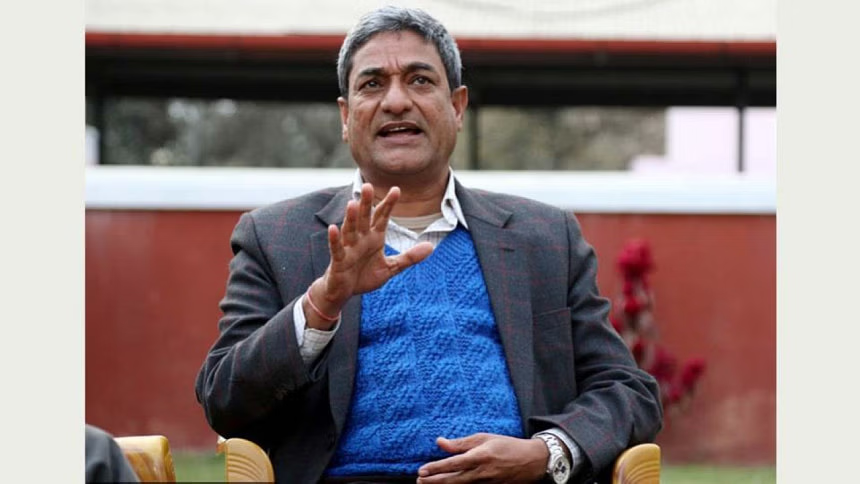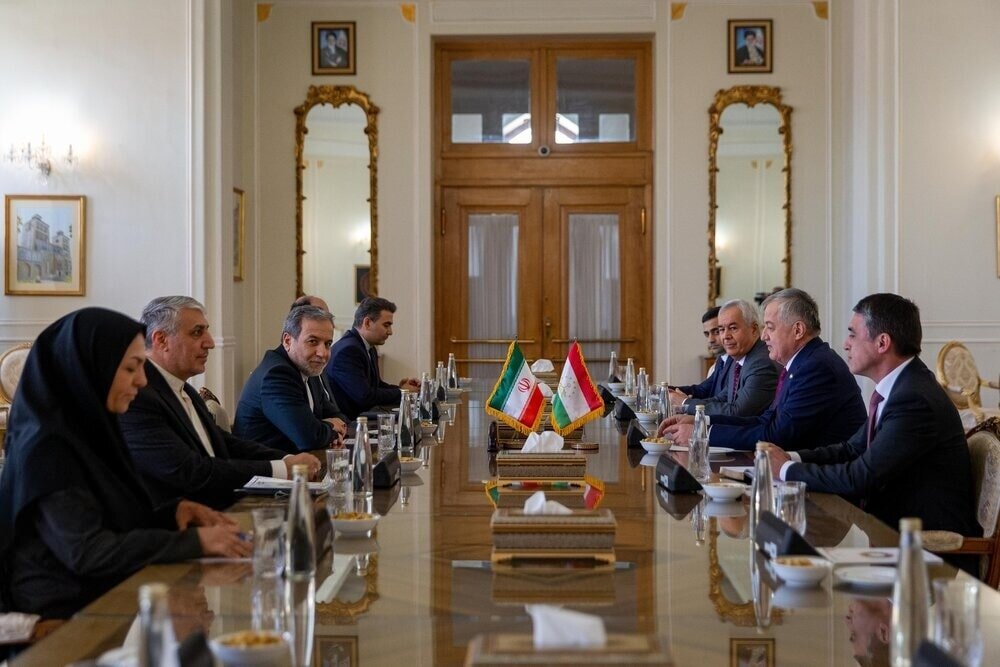Nepal’s Minister for Labour, Employment and Social Security, Dol Prasad Aryal, is facing mounting pressure to resign after being implicated in a growing scandal involving the alleged misuse of visit visas to illegally send Nepali workers to foreign countries, primarily in the Middle East.
The controversy erupted following media reports that accused Aryal and officials within his ministry of facilitating the unauthorized labor migration of thousands of Nepalis under the pretext of visit visas—effectively bypassing the country’s formal labor migration process and exposing workers to exploitation and abuse.
According to local investigations and whistleblower accounts, a network of middlemen, brokers, and ministry insiders reportedly worked in coordination to issue visit visas instead of employment permits, allowing laborers to travel abroad—particularly to Gulf states—without the legal protections afforded under Nepal’s labor laws.
These workers, many of whom were told they would receive employment upon arrival, were left stranded without contracts, insurance, or support. Human rights activists warn the scheme may constitute state-enabled trafficking, violating both domestic laws and international conventions.
In response to the allegations, Aryal has publicly denied any wrongdoing, insisting that the issue is being exaggerated for political purposes. “I have not abused my position, nor have I been involved in any illegal activity,” he said at a press briefing. “If there is any wrongdoing, it should be investigated—but I will not resign based on unproven claims.”
Despite his denial, public anger has intensified. Civil society groups, rights activists, and opposition parties have staged protests in Kathmandu, demanding Aryal’s immediate resignation and a transparent investigation. The main opposition, Nepali Congress, released a statement accusing the minister of “compromising national integrity and endangering lives for political gain.”
Critics also point to a broader pattern of mismanagement and negligence within the ministry under Aryal’s leadership. Complaints have surfaced about delays in formal labor approvals, corruption in the issuance of work permits, and a lack of coordination with diplomatic missions tasked with protecting migrant workers abroad.
According to Nepal’s Department of Foreign Employment, thousands of Nepali workers leave the country every month in search of jobs overseas, primarily in Qatar, Saudi Arabia, the UAE, and Malaysia. The government has long struggled to regulate labor migration effectively, and illegal routes have flourished amid high unemployment and bureaucratic bottlenecks.
Labor rights expert Mina Thapa warned that the scandal reveals deep-rooted flaws in the system. “Visit visa trafficking has been an open secret for years,” she said. “What’s shocking now is the scale—and the fact that it may involve senior government officials.”
The scandal also poses serious risks to Nepal’s foreign relations. Officials in Gulf states have expressed concern over the increase in undocumented workers arriving from Nepal, many of whom end up in detention or deportation centers due to lack of proper documentation. The issue threatens to undermine formal labor agreements that Nepal has painstakingly negotiated over the past decade.
The Prime Minister’s Office has so far not commented on the growing calls for Aryal’s resignation, but political insiders say pressure is mounting within the ruling coalition to take decisive action. Some lawmakers from Aryal’s own party have begun to distance themselves from him, reflecting concern about the potential damage to the government’s image ahead of the next electoral cycle.
Meanwhile, the Commission for the Investigation of Abuse of Authority (CIAA) has reportedly launched a preliminary inquiry into the allegations, though no formal charges have been filed yet.
As the scandal unfolds, public trust in the labor ministry continues to erode. With Nepal heavily dependent on remittance income, accounting for over 20% of its GDP, the integrity of its labor export system is critical not only to workers’ safety but to the country’s economic stability.
If the allegations are substantiated, the fallout could extend beyond political careers to impact Nepal’s labor diplomacy and the lives of countless migrant workers seeking opportunities abroad.
Source: The Daily Star



